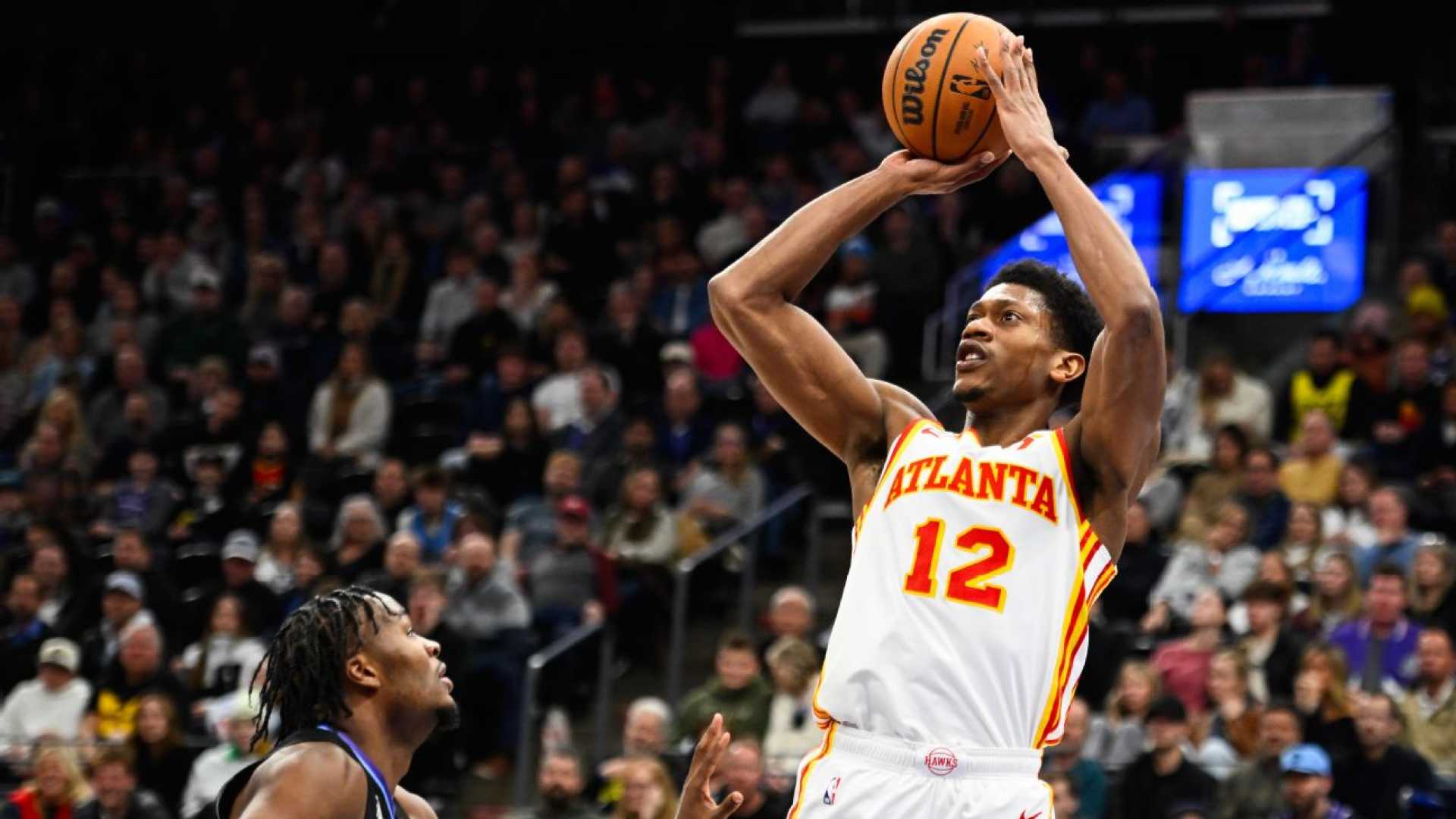Sports
Cavaliers Must Integrate Hunter Before Playoffs to Avoid Past Mistakes

CLEVELAND, Ohio — As the NBA playoffs approach, the Cleveland Cavaliers find themselves in a familiar challenge: optimizing their roster. After enduring a painful exit in the first round against the New York Knicks in 2023, the Cavs are determined to avoid similar pitfalls this spring.
The recent acquisition of forward De'Andre Hunter places a spotlight on the Cavaliers’ depth at the small forward position, a position that proved inadequate during their previous playoff run. The team struggled to find a reliable option in the playoffs, and now, they must prioritize getting Hunter acclimated with their core players—Darius Garland, Donovan Mitchell, Evan Mobley, and Jarrett Allen.
In the 2022-23 season, the Cavs excelled with the five-man unit featuring Isaac Okoro, which outscored opponents significantly during the regular season. However, Okoro’s limitations became glaringly evident as the postseason arrived. Coach J.B. Bickerstaff‘s decision to limit Okoro’s minutes in the playoff opener against New York led to a lineup shift that included Cedi Osman. That adjustment, however, did not yield the desired results, as the Cavaliers struggled with bench continuity.
“Anticipating the need to make this move in the regular season would have helped us prepare for those issues in the postseason,” Bickerstaff acknowledged.
As the team gears up for the upcoming playoffs, the successful integration of Hunter, who stands at 6’8″ with a 7’2″ wingspan, appears crucial. Koby Altman, the team’s president of basketball operations, emphasized the versatility Hunter brings to the roster: “This [move] gives you a chance to move stuff around the chessboard and be able to play multiple different ways in a playoff series.”
While Hunter’s previous performances have not entirely lived up to his defensive reputation, he has demonstrated potential alongside the core four. His recent matchup against Minnesota‘s Anthony Edwards showcased his defensive capabilities, forcing tough shots and helping the Cavs build an early lead. The ability to guard versatile scorers like Edwards is vital for Cleveland as they prepare to face elite competition.
The conundrum lies in balancing Hunter’s role within the offense. The Cavaliers’ current style demands players who can facilitate and create scoring opportunities, rather than merely occupying space on the perimeter. While Hunter possesses the skills to thrive offensively, he must adjust quickly to fit seamlessly with the team’s established stars.
Historically, significant during the playoffs has been the readiness of players to adapt to their roles. This reiterates the importance of giving Hunter ample on-court time with the core four before the playoffs begin. The Cavaliers have just 28 games remaining in the regular season, and matching up against teams like the Knicks, Memphis Grizzlies, and Boston Celtics in the coming weeks will provide vital insights into how Hunter aligns with the rest of the roster.
Failure to address the small forward position prior to the playoffs could lead to a repeat of last year’s shortcomings. The Cavs are eager to make a deep postseason run but must avoid past mistakes. Exploring Hunter’s fit alongside the core four may be the key to securing their success. “What we need to know is how Hunter fits into matchups with the league’s best,” Bickerstaff concluded.












